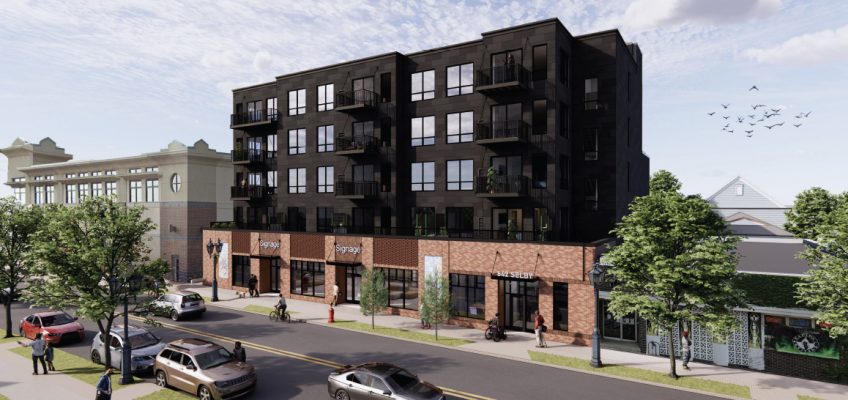Two east metro sites known to be tainted with petroleum and other contaminants will soon be on the mend thanks to grant funding.
More than $1.6 million in Contamination Cleanup and Investigation grants were awarded to eight communities across the state last week, including one in St. Paul and one in South St. Paul, according to the Minnesota Department of Employment and Economic Development.
The grant program, which started in 1993, helps fund the assessment and cleanup of contaminated sites for private redevelopment, according to a news release from DEED.
“Cleaning up contaminated sites helps attract private investments, increase local tax bases, support job growth, address housing needs and promote community growth and vitality,” said DEED Commissioner Matt Varilek in the release.
This grant round is expected to support the investigation or cleanup of over 184 acres of contaminated land, adding nearly $2.2 million to local tax bases and leveraging more than $50 million in private investment, according to DEED.
St. Paul
Undated courtesy rendering, circa Aug. 2025, of The Beasley, a planned 20-unit affordable condominium development from the Rondo Community Land Trust. The Beasley site at 642 Selby Ave. received a cleanup grant from the Minnesota Department of Employment and Economic Development for nearly $103,000 on Aug. 12, 2025. (Courtesy of Rondo Community Land Trust)
The city of St. Paul was awarded nearly $103,000 for the cleanup of the Beasley site, a 0.3-acre property near the intersection of Selby Avenue and Dale Street.
Historically developed for residential and commercial uses, including the longtime neighborhood service E&J Drycleaners, the site at 642 Selby Ave., next to Mississippi Market, is planned to be redeveloped into 20 affordable condominium units with ground floor retail and will be known as The Beasley.
Leading the project is the Rondo Community Land Trust, a Selby Avenue organization that has sought to preserve affordable housing and local ownership in the historically Black Rondo neighborhood. The name of the housing complex is a nod to James Beasley, the longtime owner of E&J Drycleaners, according to the land trust.
The condos will be affordable to households earning 80% of the area’s median income, which equates to $104,200 annually, Finance and Commerce reported. Designed by LSE Architects, the new building is planned to include a rooftop garden, a community room, electric vehicle charging stations and an outdoor patio with a fireplace.
Construction of the housing complex, which still hinges on a successful funding application to the Minnesota Housing Finance Agency, is planned for next spring.
If all goes according to plan, the project is anticipated to create nine new jobs, increase the local tax base by nearly $142,000 and leverage $6.5 million of private investment, according to DEED.
South St. Paul
South St. Paul took home the lion’s share of the funding – approximately $660,000 – for the clean up of the 36-acre Wakota Crossing site.
The site, formerly home to the South St. Paul Municipal Wastewater Treatment Works and used as an uncontrolled dump, will be redeveloped to add over 180,000 square feet of light industrial space with two stormwater ponds.
Related Articles
Burnsville Macy’s site sells for $4M after closing earlier this year
Stillwater open house set on Lakeview Hospital expansion plans
A timeline of the Rice Creek Commons/TCAAP development in Arden Hills
Rice Creek Commons project hits roadblock as new developer sought
Chicago firm makes 4th St. Paul acquisition with Degree of Honor apartments
Awarded to the South St. Paul Economic Development Authority, the project is expected to create 89 new jobs and retain 15 existing jobs, increase the local tax base by nearly $88,000 and leverage $8.4 million of private investment, according to DEED.
The other six grants were awarded to the cities of Duluth, Mankato, Virginia, Wabasha, Floodwood and Two Harbors, according to grant size in descending order.
“This grant program helps Minnesota communities explore and pursue ways to convert contaminated properties into functional sites for business or housing development,” Varilek said in the release.
Since 1993, the grant program has awarded more than $212 million in grants that has helped assess and clean up over 4,300 acres of land, resulting in over 26,000 new housing units and the creation or retention of more than 52,000 jobs, per the release.


Leave a Reply